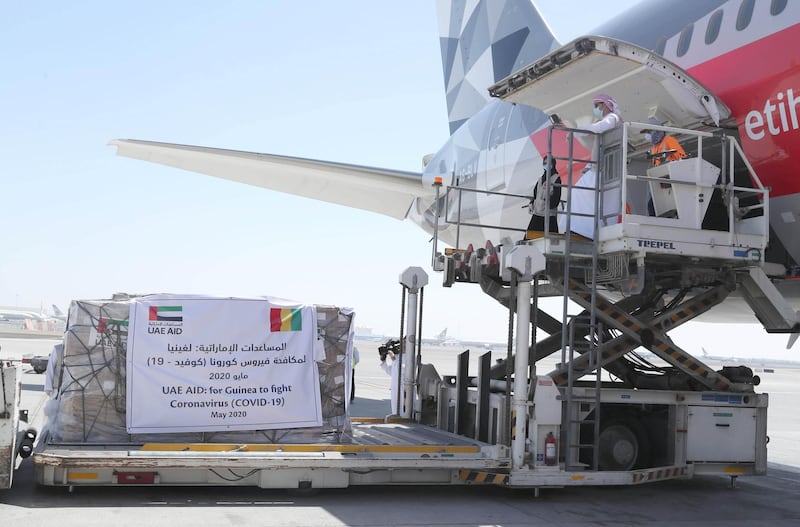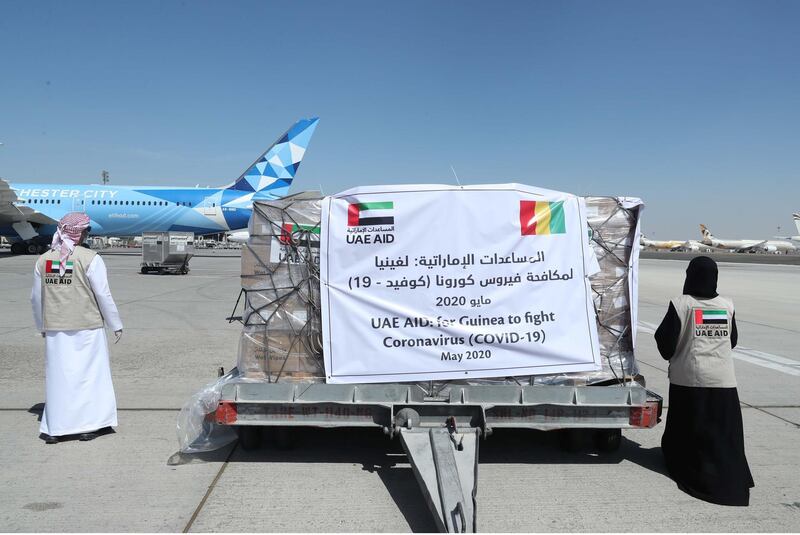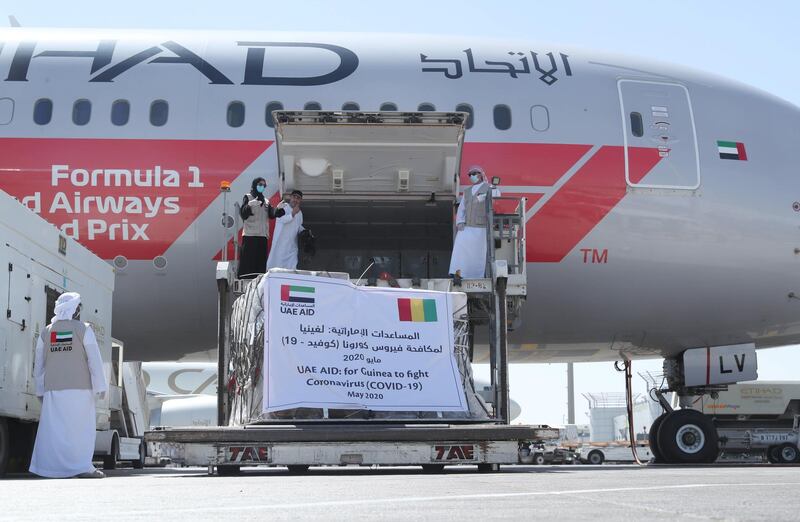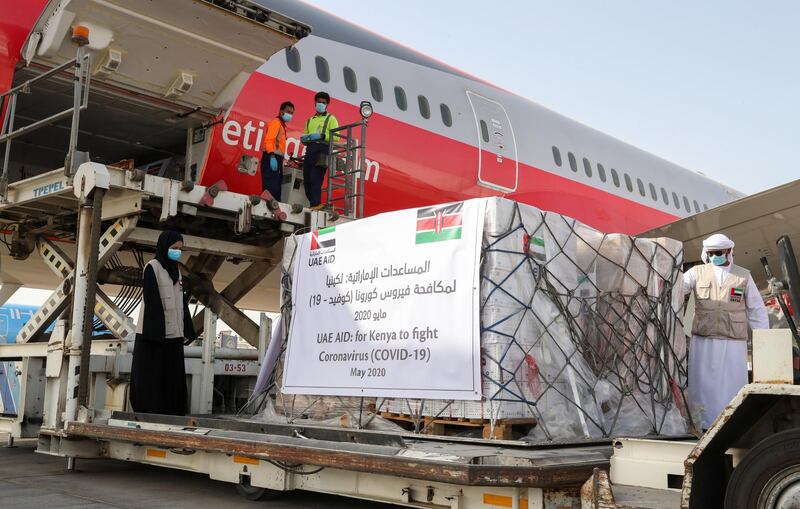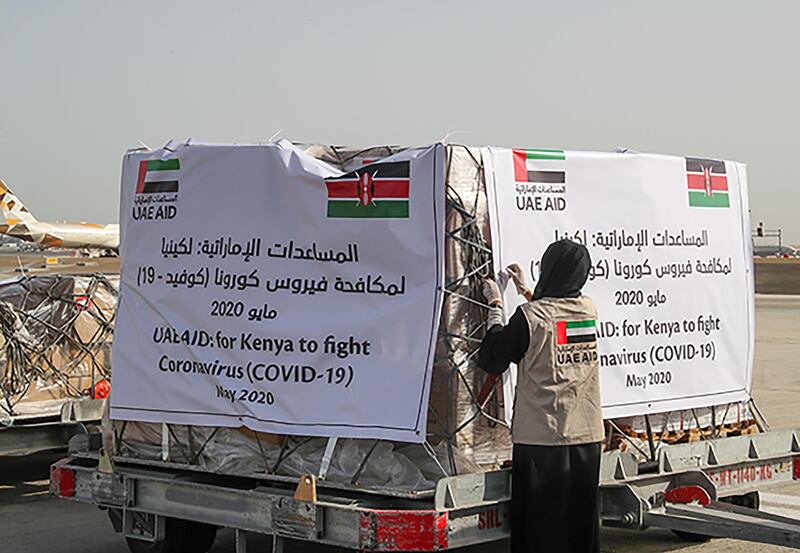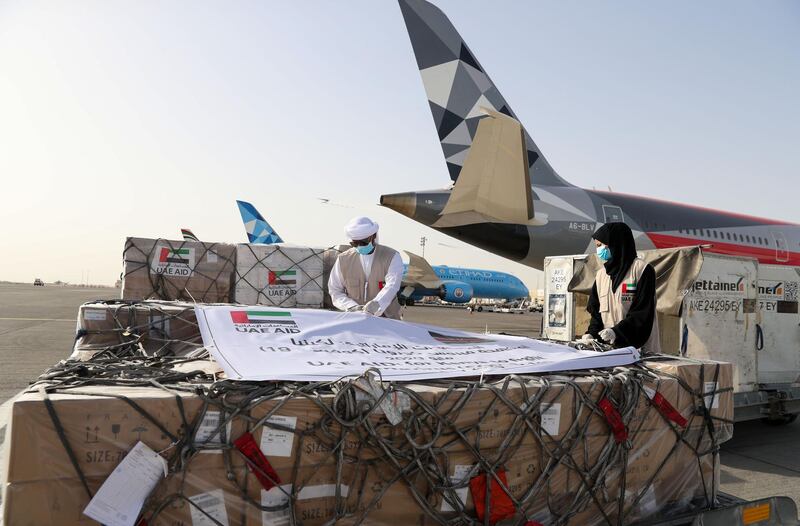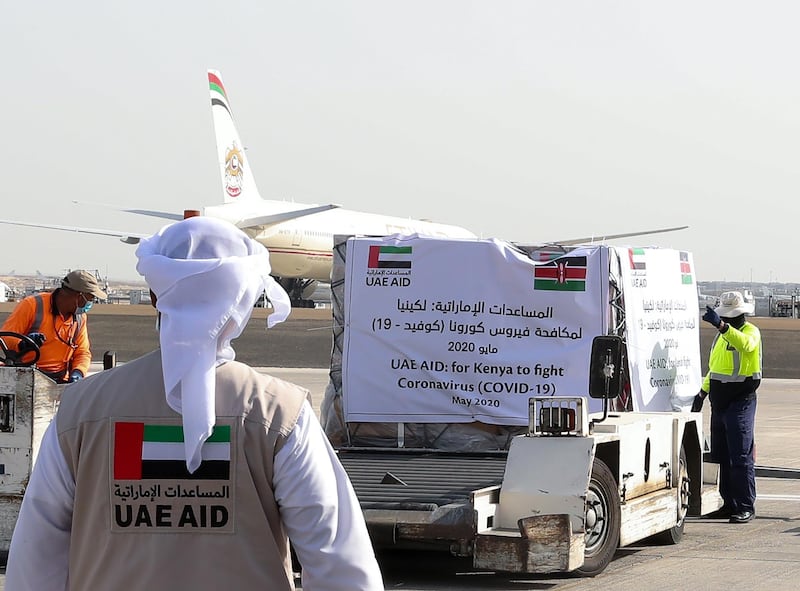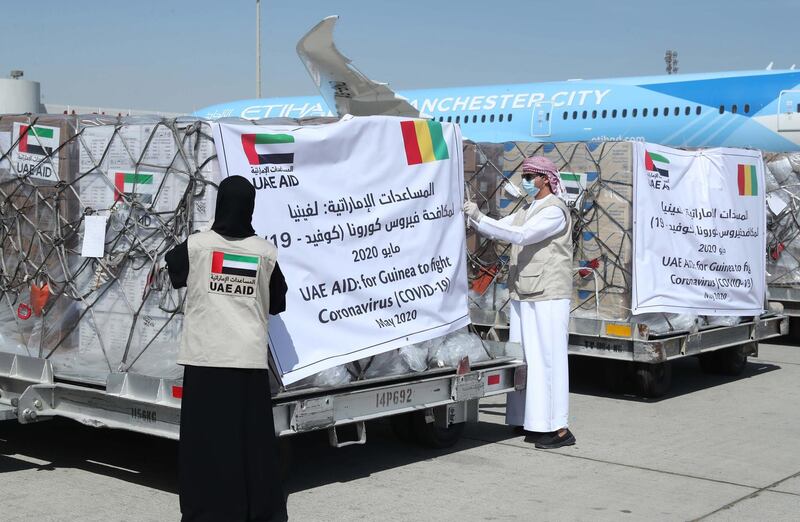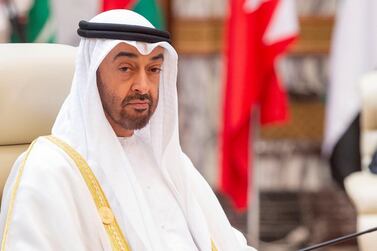Conflict, natural disaster, displacement, hunger, disease – these are just a few of the complex realities lived by millions of people around the world and confronted by the tireless work of humanitarians.
Last week, on the anniversary of an attack on the UN compound in Baghdad in 2003, the international community came together to celebrate this work during World Humanitarian Day.
The attack claimed the lives of 22 people, and marking its anniversary every year is a way of honouring those who give themselves in the service of others, and to commemorate humanitarians killed or injured in the line of duty.
The compound attack was neither the first nor the last time humanitarians, including colleagues and friends of my own, lost their lives delivering aid. In the 17 years that have passed since, nearly 5,000 aid workers have been killed, wounded or abducted around the world.
The events of 2020 provide new significance to the notion of self-sacrifice and bring humanitarianism into sharp perspective. The Covid-19 pandemic has shaken the entire world and placed us all at the epicentre of a global emergency. Overwhelmed healthcare systems, mandated lockdowns, grounded planes and crushed economies have forced us all to change the way we live and work. Speaking in April, UN Secretary-General Antonio Guterres called Covid-19 "the greatest test" the world has faced since the Second World war.
For the aid sector, Guterres’s statement has special meaning. The UN, after all, was formed in the Second World War's aftermath to promote a universally shared vision of a safe, just, prosperous and sustainable world. And now, just as then, aid agencies face extraordinary challenges as they work to operationalise this vision on the ground.
Amid this astonishing public health crisis, unprecedented needs, disruption to supply chains, travel and movement, mounting insecurity and shrinking funding, aid workers are staying and delivering to the world’s most vulnerable people at great personal sacrifice.
But the pandemic experience has been unique in another way. For many, 2020 will forever be marked by an overwhelming demonstration of the spirit of humanitarianism in everyone, not just those employed in the sector, and for veteran aid workers like myself that is a moving reminder of the real power of humanity.
And so, this year I urge everyone to honour the everyday humanitarians among us: those who have gone to extraordinary lengths in these extraordinary times to help others whose lives have been upended by Covid-19. These are the frontline health workers and emergency services staff who continue to withstand enormous physical and emotional hardship, choosing the wellbeing of their patients over their own safety and comfort. They also include the community volunteers and generous neighbours caring for the sick, the poor and the elderly, and the delivery drivers, cleaners and grocery store staff working around the clock to keep essential services running.
We have asked great things of them, and they have put themselves at great risk to keep us safe and cared for. Most were neither trained nor prepared for the roles they assumed, but they assumed them nonetheless and of that I stand in gratitude and admiration.
In some ways, a global pandemic renders us all first responders. The frontline of this crisis rages all around us, and this is a time for heroism, kindness, courage and a commitment to the common good.
And as people all over the world have rallied together in compassion and in unity to “flatten the curve,” changing their behaviour to protect others, I cannot help but reflect optimistically on the possibilities of everyday humanitarianism and wonder what it might mean for the future of aid.

It has recently been argued that the "Dunantist" approach to humanitarianism, in which aid is driven by considerations of moral duty, is dying out. But I think what we have witnessed in 2020 demonstrates otherwise. It lifts the curtain on just how deep the instinct to do good runs within individuals and societies. It also demonstrates the power of self-organised and people-centred humanitarianism.
The outpouring of solidarity and explosion of volunteerism are reminders to the formal aid sector of who humanitarians are and what they must not lose as their industry continues to professionalise. Localised humanitarianism has taken on new significance, promising a wave of “new humanitarians” who might play an increasingly important role in solving the world’s problems.
It also suggests a greater diversity of players and solutions for the benefit of the aid agenda. Now is the time for the aid system to leverage local networks and people power, as communities define their own priorities and responses.
Throughout history, crises have been moments of change. Let us seize this one. Like the 2003 Baghdad bombing for the aid community, Covid-19 will not be humanity’s last global emergency. The threat of future pandemics and the effects of a changing climate loom. And the scale of needs is already such that the aid industry, in its current form, will never be enough. We need the everyday humanitarians. We need you.
Mageed Yahia is the Director of the United Nations World Food Programme Office in UAE and regional representative of the WFP in GCC

